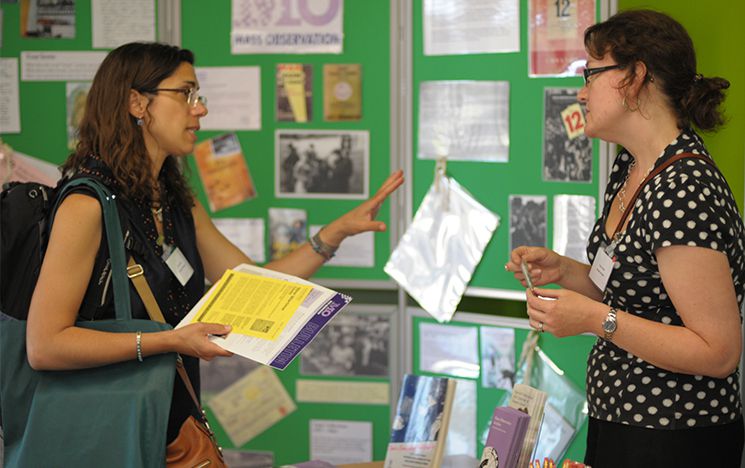
Events
See our range of upcoming events.
Discover the latest events and news stories from the Centre for Life Writing and Life History Research.
(News image credit: Tunde Alabi-Hundeyin II)
We offer a seminar series to showcase new research, inspiring projects and to nurture collaborations. This includes regular ‘open house’ meetings to share ongoing work in an informal setting.
Our seminar series was launched in June 1999 as the Life History Research Network, held in collaboration with the Mass Observation Archive. We have run hundreds of events, symposia, writing workshops, oral history trainings and more.
Explore our seminar series archives.
You can also see our previous research conferences.
If you have any questions, you can email:
Find us on Bluesky.